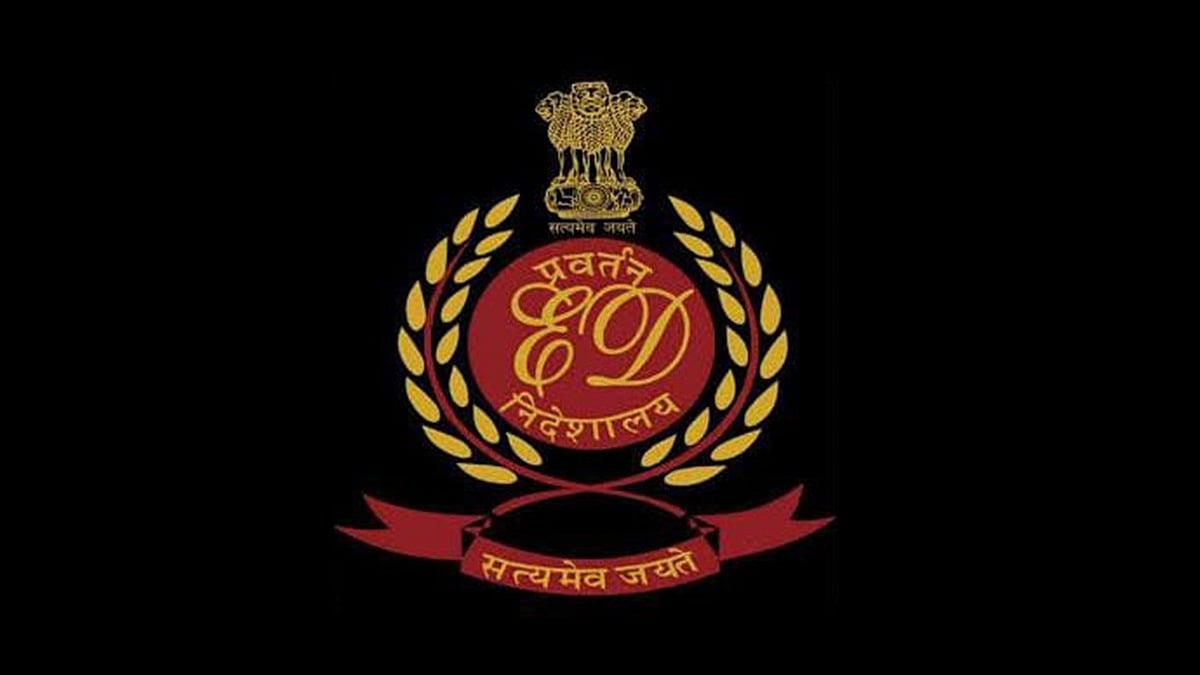Mumbai: Apart from turning the spotlight on rising fraud cases in India’s banking sector, the RTI reply further revealed that in some cases, the amount lost has fallen straight into a black hole. As per the data, several institutes were duped of crores between the 2020-21 and 2024-25 fiscals, but not a penny has been recovered.
Details
As per the RTI reply, at least eight banks and institutions, including foreign banks, small finance banks and specialised financial entities have failed to trace even a portion of the amount duped, which translates into 100% losses. Bank of Bahrain & Kuwait B S C, a foreign bank operating in India, reported three fraud cases involving Rs 5.44 crore. However, no recovery was made. Similarly, BNP Paribas, another foreign bank, saw two frauds amounting to Rs 6 lakh, with zero recovery. Doha Bank QSC, which is also a foreign bank, reported three cases running into Rs17.62 crore, but there is no clue where the funds are.

JP Morgan Chase Bank, National Association, another foreign bank, filed one fraud case of Rs1,000 between the 2020-21 and 2024-25 fiscals. Though the amount was negligible, the fact is it remains untraced. Capital Small Finance Bank Ltd, a small finance bank, registered 105 frauds involving Rs 1.59 crore and the institute reported zero recovery. Export Import Bank of India, a specialised government financial institution that provides assistance for Indian exports and imports, saw six cases amounting to Rs 623.51 crore, which remain untraced. Small Industries Development Bank of India, a development financial institution and not a regular commercial bank, reported 10 cases involving Rs 49.41 crore, with no recovery.
Societe Generale, a 100% subsidiary focused on IT and business-process support (not a traditional banking entity), filed a lone case amounting to Rs103.94 crore, which could not be retrieved. Between the 2020-21 and 2024-25 fiscals, the figures for small finance banks and payment banks reflected an even steeper trajectory (see graphic). The worrying scam surge across these emerging financial entities points to structural deficiencies in fraud risk management, particularly in high-volume, tech-driven customer interfaces that may lack robust monitoring.
The RBI’s disclosure that the frauds may not correspond to the year in which they are reported gives rise to the possibility that several high-value cases may remain under wraps until they pass through internal banking filters. Such conditions make it difficult for probe agencies to coordinate time-bound action or for the judiciary to establish timely accountability. Sanjay Thul, 60, a retired assistant commissioner from the central GST department and current president of the Association of Social and RTI Activists (ASRA), has dug the statistics through a RTI reply.
The 60-year-old, who has closely tracked fiscal malfeasance for over two decades, said that the issue reflects a deeper systemic failure in India’s institutional accountability ecosystem. The RTI disclosures, now in public domain, leave little doubt that India’s financial institutions are not merely vulnerable to fraud but remain structurally ill-equipped to respond when trust is breached.
This is the concluding part of a two-part series










